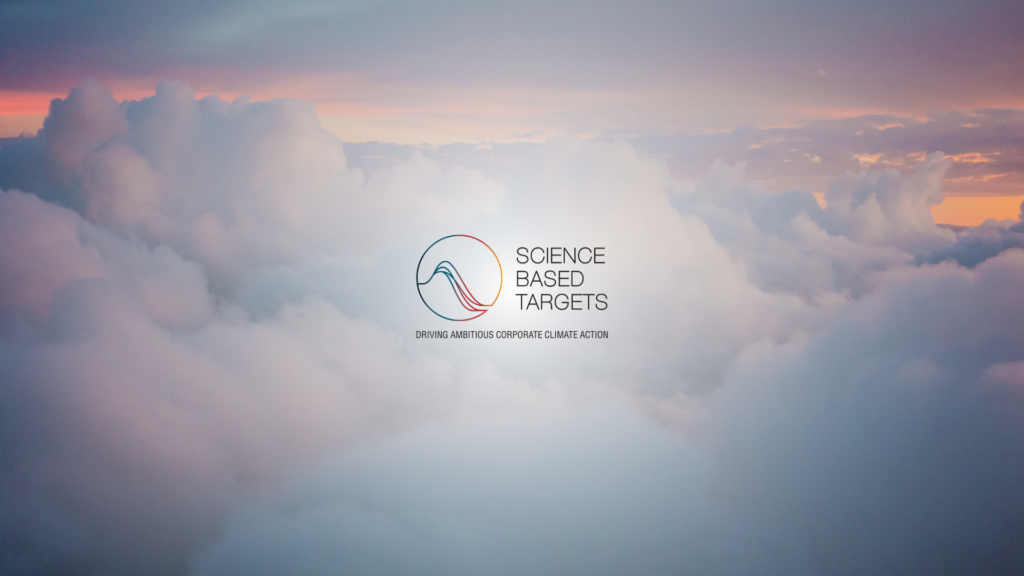SBTi Enhances Corporate Net-Zero Standard to Refine Emission Neutralization

- The revision of the Corporate Net-Zero Standard focuses on refining the neutralization approach for residual emissions, enhancing corporate transparency and credibility.
- Two key workshops will gather industry input to shape the Standard’s revised guidance on carbon removal and storage.
- The revised Standard aims to incorporate the latest climate science, best practices, and feedback from stakeholders worldwide.
SBTi Expands Corporate Net-Zero Standard to Refine Emission Neutralization
The Science Based Targets initiative (SBTi) is advancing its efforts to help companies achieve net-zero by revising its Corporate Net-Zero Standard. Initially published in 2021, the Standard outlines how companies should set science-based targets to reduce their emissions and neutralize any remaining residual emissions through permanent carbon removal and storage.
Refining the Neutralization Approach
One of the key areas of focus in this revision is the refinement of the approach to neutralization. After companies reach their long-term emission reduction targets, they must neutralize any remaining emissions that cannot be reduced further. The revision aims to clarify how companies can effectively achieve this through credible, science-backed carbon removal and storage solutions. This update is part of a larger effort to align the Standard with the latest climate science, including findings from the IPCC’s Sixth Assessment Report, and ensure robust validation of net-zero claims.
Workshops to Shape the Future of Carbon Removal
To inform the refinement process, SBTi is hosting two critical workshops—one during Climate Week NYC and another in London this October. These workshops will explore the role of carbon dioxide removal (CDR) and storage technologies in helping companies reach net-zero. Experts from various sectors will provide input, which will be instrumental in shaping the revised approach to neutralization. These insights will contribute to an SBTi research paper that supports the revision of the Standard.
Expanding Scope and Objectives
The revision of the Corporate Net-Zero Standard also seeks to enhance other areas:
- Align with Latest Science: The updated Standard will ensure companies’ net-zero targets reflect the latest scientific findings, including those from the IPCC and other global climate initiatives.
- Improve Scope 3 Target Setting: The SBTi is exploring more nuanced approaches to scope 3 emissions (indirect emissions from the value chain), which are crucial for many businesses aiming for comprehensive decarbonization. The revised Standard will focus on improving the framework for setting and achieving these targets.
- Regular Target Review Cycles: To promote continuous improvement, companies will be required to regularly review and update their targets as part of their net-zero journey, ensuring alignment with evolving best practices.
The SBTi’s broader objectives in this revision include enhancing transparency, accountability, and the robustness of net-zero targets for companies across industries.
Public Consultation and Future Steps
Once the workshops and research are complete, the draft version of the revised Corporate Net-Zero Standard will be opened for public consultation in late 2024 or early 2025. During this consultation period, stakeholders from around the world will have the opportunity to provide feedback, ensuring the Standard reflects diverse perspectives and remains globally applicable.
Related Article: Travalyst Scales Sustainable Travel Efforts with Emissions Data for 65 Billion Flight Searches
Final Draft and Implementation
The final version of the Corporate Net-Zero Standard 2.0 is expected to be published in Q4 2025. The launch will include updated tools for corporate target-setting and a comprehensive report summarizing the feedback received throughout the revision process.
View Full Report









